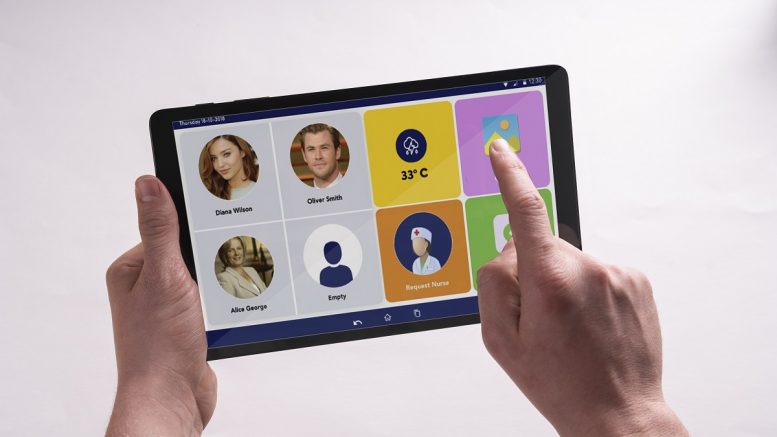With it being Dementia Action Week (17th to 23rd), we find ourselves being reminded of the concerning statistics around dementia in the UK. Concerningly, there are currently around 850,000 people living with dementia in the UK, which is projected to rise to 1.6 million by 2040.
Right now, nearly one million people with dementia and their families are struggling to get the support and care that they need and deserve. Indeed, the coronavirus pandemic has exposed these problems like never before. Until things change, then, a dementia diagnosis will continue to claim more than just a single life, as families across the country, too, continue to feel its detrimental effects.
Put simply, dementia is one of the great health challenges of our time, and decades of underfunding and neglect have led to a care system that’s difficult to access, costly, inadequate, and deeply unfair.
So, it becomes a collective responsibility, then, to alter the public perception and make a conscientious effort to strive for change. Reflecting on the past year, it has become glaringly evident that all sectors of the economy were, and still are, significantly affected by the pandemic, but arguably none more so than the social and healthcare sectors. Unfortunately, the lack of support for those with dementia has been commonplace for varying reasons.
In the fight to provide better dementia care, care providers need to focus on reducing the three plagues of care; loneliness, boredom and helplessness. Unfortunately, the stringent, yet necessary health guidelines that have resulted from the pandemic have overlooked these practices, and have heavily impacted the lives of those living with dementia. In effect, residents have been totally deprived of social interaction with loved-ones/fellow residents for the best part of 15 months, after all, which has formulated an environment of complete isolation.
Even if the care home has a CQC rating of ‘Outstanding’ and the carers go that extra mile to cater to an individual’s needs, they will still understandably be conscious that their family are no longer granted regular access to see them. This is where the aforementioned plagues begin to meticulously manifest. The solution? Technology.
We live in an age where technological advancements are constantly empowering people to live better, healthier and well-rounded lives. For instance, there are handheld devices on the market that promote and encourage social interaction with loved ones. Specifically tailored to social and healthcare settings, these simplified tablets enable residents with dementia to stay connected in real-time, through one-touch video technology and audio calls. Equipped with such a technology when moving into the care home, the dementia resident will no longer feel disconnected from family and friends between visitation. Alternatively, when a family leaves their loved one following admission, they can simply tap a screen and instantaneously be talking with them before they’ve even reached their car.
So, by providing residents with the option of staying connected and maintaining real-time interaction with the people they care about most, on a 24/7 basis, we effectively have the tools to prevent the three plagues of care as effectively and efficiently as the current climate permits.
By acquiring a technology that provides a means to stabilise the effects of dementia, the care sector has gained a significant defence mechanism to protect and maintain vital aspects of residents’ wellbeing, following what has been a relentless and precarious year. Moreover, residents have been left confused and frightened with this constant sense of ambiguity that has hung over them in recent months.
With handheld smart technology, the resident or a care home staff member can connect them with their family swiftly, through one-touch features. The piece of mind that stems from being able to hear and/or see their loved ones, especially during unprecedented times, cannot be understated. Equally, the psychological reassurance of their family being able to help guide and talk to them is critical to easing nerves and stress triggers.
Families are even able to liaise with clinicians virtually through the tablet to gauge an insight into their loved one’s health and mental wellbeing, which enables family members themselves to gain a sense of reassurance that their loved ones are indeed receiving the best dementia care possible. A problem shared is a problem halved, particularly for those who are elderly and vulnerable.
Overall, while the pandemic has presented the care sector with an array of complex challenges to overcome, unwavering technological advancements will continue to sufficiently arm and support those who are determined to remain resilient in the fight against dementia.
If we, as a sector, are serious about promoting healthier and happier lives for people with dementia, whose physical and mental wellbeing have been tested to its core, then we must look towards championing human connection and interaction through smart technology.
Stuart Solomons is the founder of Ernie Connects, a free, fully integrated, COVID-proof communications platform developed specifically for older people. Via an innovative, handheld device residents and patients can stay connected in real-time, through one-touch video and audio calls.





